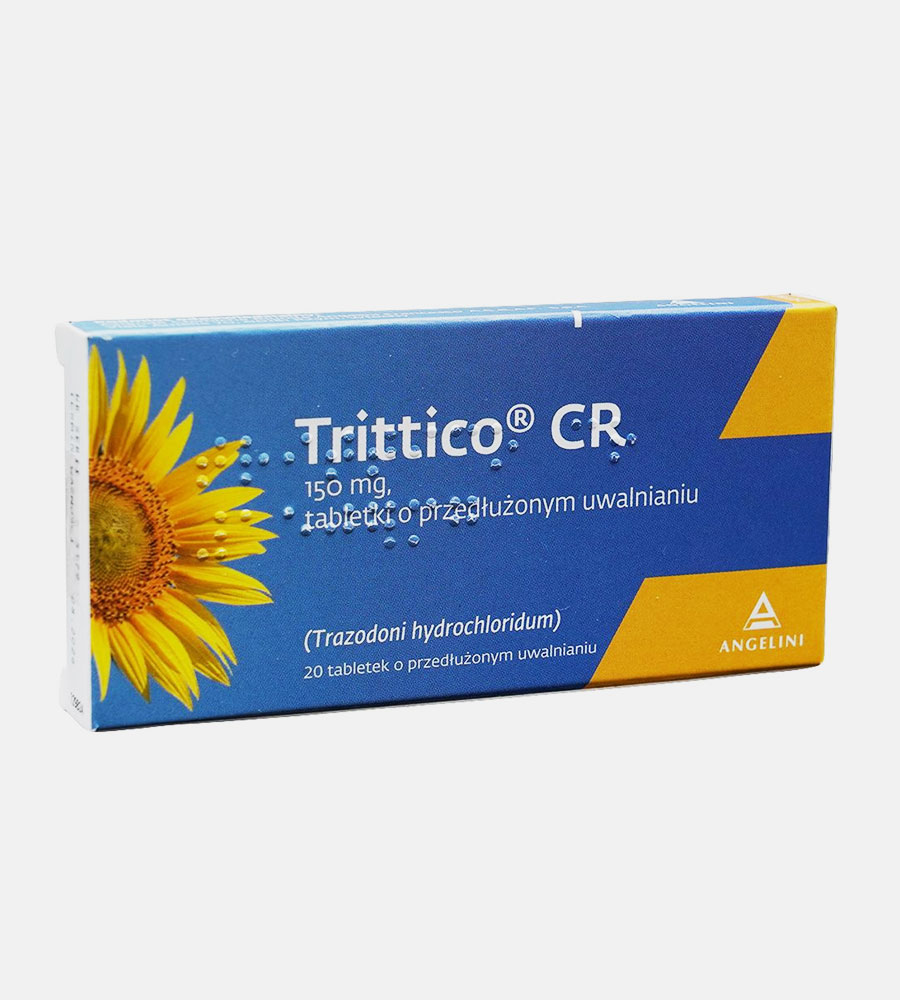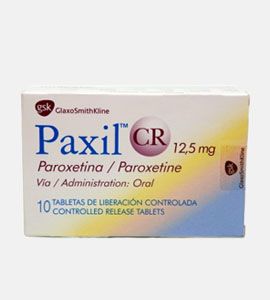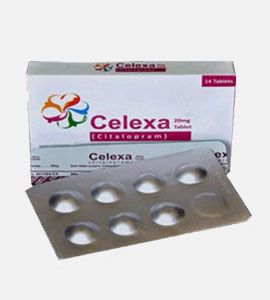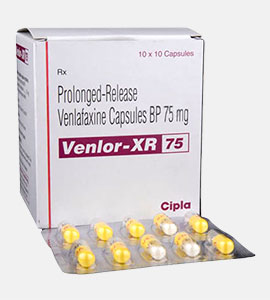Description
Pharmacodynamics
Trazodone treats depressed mood and other depression-related symptoms and shows benefit in the treatment of insomnia due to its sedating effects. It is known to prolong the cardiac QT-interval. Memory, alertness, and cognition may be decreased by trazodone, especially in elderly patients due to its central nervous system depressant effects.
A note on priapism
Trazodone has been associated with the occurrence of priapism, a painful and persistent incidence of penile tissue erection that is unrelievable and can cause permanent neurological damage if left untreated. Patients must be advised to seek immediate medical attention if priapism is suspected.
Mechanism of action
The mechanism of action of trazodone is not fully understood, however, it is known to inhibit the reuptake of serotonin and block both histamine and alpha-1-adrenergic receptors. Despite the fact that trazodone is frequently considered a selective serotonin reuptake inhibitor, several reports have shown that other mechanisms including antagonism at serotonin 5-HT1a, 5-HT1c, and 5-HT2 receptor subtypes may occur. The strongest antagonism of trazodone is reported to occur at the serotonin 5-HT21c receptors, preventing serotonin uptake. In addition to acting on serotonin receptors, trazodone has been shown to inhibit serotonin transporters. The antidepressant effects of trazodone result from the inhibition of receptor uptake, which normally decreases circulating neurotransmitters, contributing to depressive symptoms.






Reviews
There are no reviews yet.